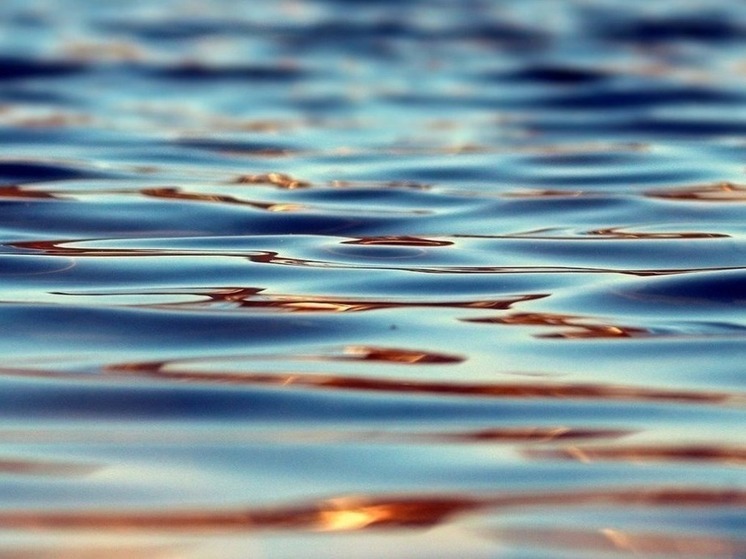Scientist explains why the Caspian Sea level drop is inevitable

Oceanologist Shevchenko: Caspian Sea level drop is linked to climate

test banner under the title image
It is extremely difficult to prevent the Caspian Sea level from falling, since this is a natural process associated with global and regional climate change. Acting Director of the P.P. Shirshov Institute of Oceanology of the Russian Academy of Sciences Vladimir Shevchenko told RIA Novosti.
According to scientists' forecasts, the decline in water levels in the Caspian Sea will continue for at least the next 25-50 years.
The scientist noted that the decrease in the Caspian Sea level is largely a natural phenomenon associated with climate change, which has led to a sharp increase in evaporation from the sea surface. It will also be difficult to even slightly reduce the rate of decrease in the level. Although the Volga runoff has indeed decreased in recent years, it cannot be called the main reason for the decrease in the level, Vladimir Shevchenko said.
He stressed that it is more correct to talk about a decrease in sea level, rather than shallowing, since over the past 30 years the level has fallen by 3 meters, with a maximum sea depth of 1015 meters.
The scientist also noted that it is incorrect to predict that the Caspian Sea will repeat the fate of the Aral Sea, and this is an opposite example, because it was indeed destroyed by man, although climatic factors played a role there, leading to increased evaporation and reduced precipitation in the basins of the rivers flowing into it. At the same time, the reservoir has already been partially saved thanks to the construction of a dam between the Small Aral in the north and the Big Aral in the south, Shevchenko added.
According to him, the population of 22 species of fish has already been restored in the Small Aral, and further rehabilitation is possible by increasing the flow of the Amu Darya and Syr Darya rivers, whose waters are now used to irrigate agricultural land.
Earlier, the head of Rosvodresursy, Dmitry Kirillov, also stated that the decrease in the level of the Caspian Sea is a consequence of climate change, and it is not connected with the regulation of the Volga flow.
The Aral Sea, located on the border of Kazakhstan and Uzbekistan, was the fourth largest lake in the world until 1960. Excessive water withdrawal from the Amu Darya and Syr Darya for irrigation led to the catastrophic shallowing of the Aral. Over the past 60 years, the area of the sea has decreased by 13 times, the water level has dropped by 34 meters, the reservoir has split into two parts, the salinity has increased many times, and the fish have disappeared.
mk.ru




